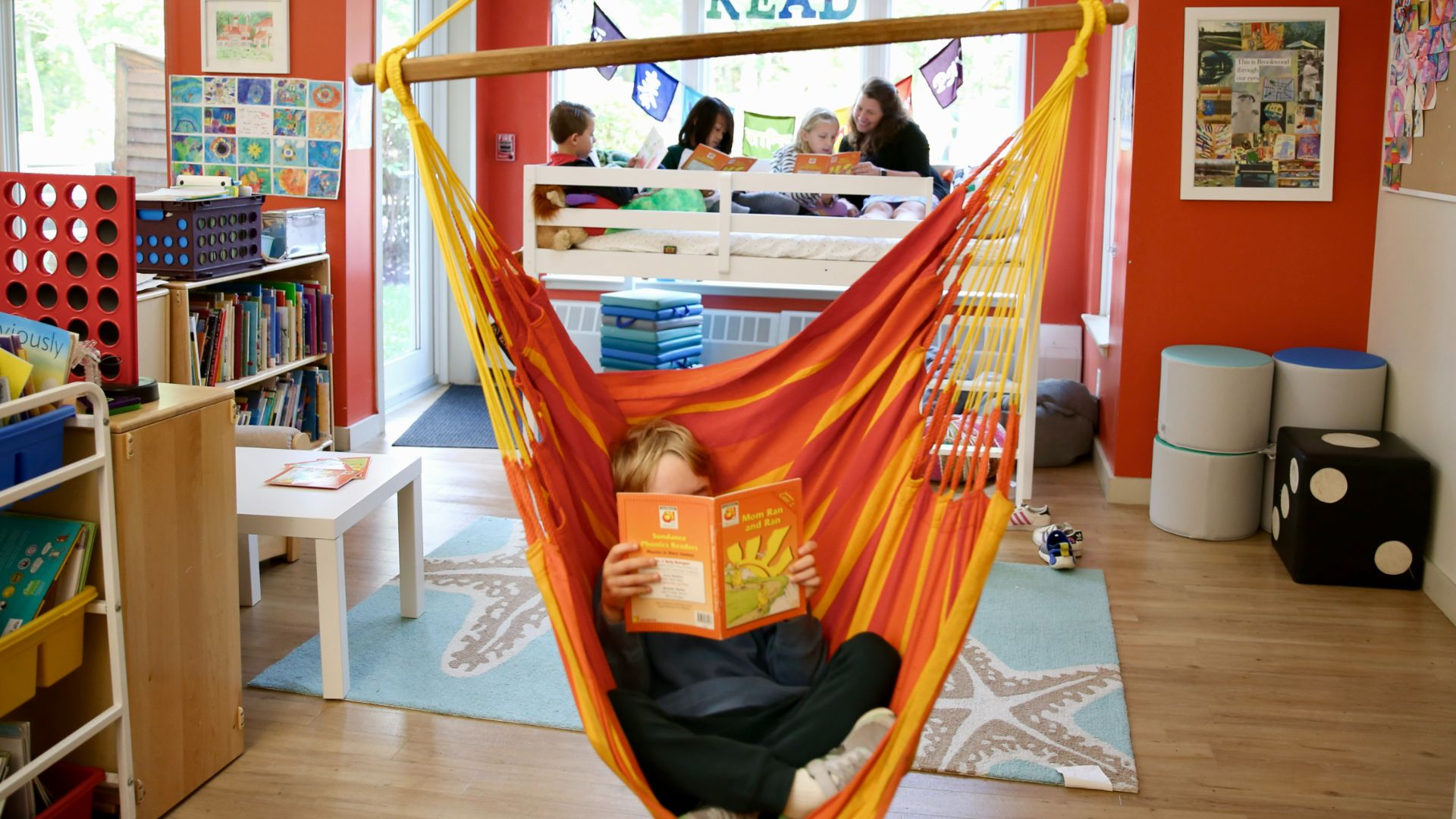Our Lower School program for Early Childhood through fourth grade is one that honors the important interconnectedness of the social-emotional and academic needs of young children.
Extensive research supports our belief that how children feel affects how they learn. A culture of mutual respect, support and collaboration lays the groundwork for success in the exciting and challenging work that lies ahead for each child.
Child-Centered Learning
Our goal is to have children learn through active experience, inquiry and participation. Lower School teachers at Brookwood create a child-friendly environment of exploration and reflection as they nourish each child’s progress along the developmental continuum.
Our classrooms are filled with materials that intrigue and stimulate the senses and invoke learning in a dynamic way, with themed areas that honor children, capture their interest, and allow learning to come alive. As children work and learn in this child-centered environment, they develop a positive attitude, increase independence, build self-esteem, develop collaborative problem-solving skills, and discover the excitement of learning.

The values of cooperation, appreciation, responsibility and empathy have always been at the core of our program. Lower School teachers weave these values throughout the day into conversations and actions to support broad inclusivity and gender sensitivity.
Review our Lower School Curricular Objectives


